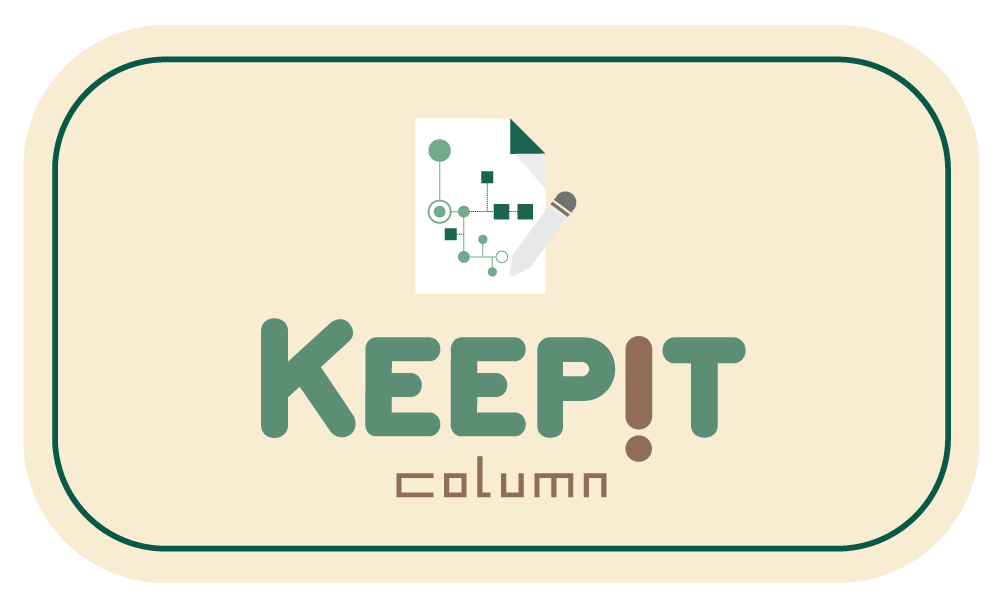[ENG] KEEP!T Column: Cryptocurrencies and the Dark Market - a match made in heaven, or criminals’ downfall?

KEEP!T Column
It all started on the dark web, long before cryptocurrencies made it to the media spotlight... The first large scale anonymous online market place was the now-defunct Silk Road. Whatever you could not buy legally on Amazon, you could find there, whether it be narcotics, hacked data, weapons, or counterfeit goods. All transactions on the marketplace were conducted in Bitcoin and an estimated $1.2 Bn in revenue was recorded in the last 2.5 years of operation.

Following Silk Road’s FBI bust and demise in 2013, came Hansa and AlphaBay which were shut down by the DoJ and Europol mid 2017. BTC was the cryptocurrency of choice for purchasing on these platforms, and partly as a result of these crackdowns, it now accounts for 1% of Dark Net transactions down from 30% in 2012, as per a recent study by crypto research firm Chainalysis.

Another reason for Bitcoin’s loss of popularity on the dark web lies in its core structure. Since all Bitcoin transactions are recorded publicly on the blockchain, exposing addresses and amounts, user tracking and identification are facilitated. While BTC addresses are pseudonymous, conversion into FIAT in centralized exchanges is not, and it is at this final stage that criminals tend do get caught. Additionally, researchers and law enforcement alike are devising increasingly sophisticated methods to link Bitcoin transactions with IP addresses.

Startups like Chainalysis, Elliptic, and Block Seer focus on Bitcoin transaction analysis/forensics, and provide screening services to government agencies such as the DEA, the IRS, the FBI, Immigration and Customs, the SEC, and Europol, among others. These companies leverage a technique called clustering assisted with machine learning to link accounts with owners, who can then be identified through their exchange accounts, provided those perform KYC. But even with less advanced analysis methods, careless Bitcoin users can be identified years after purchasing on the dark market as evidenced by a Qatari research study featured in Wired earlier this year. Simple mistakes such as publishing a Bitcoin address on a public forum can expose users’ identities and attribute illicit transactions to their original owner.
With Bitcoin being in part traceable, dark-net users who want to remain anonymous are now opting for more privacy-preserving coins. The most popular privacy coin is currently Monero, which encrypts both sending and receiving addresses to keep transactions untraceable. North Korea notably took some interest in Monero, as evidenced by multiple reportsof infecting overseas servers with malware in order to mine the digital currency. Monero is accepted on Dream Market, the largest Dark Market currently in operation and is also the only means of payment on Libertas, another dark-net market place. When Libertas admins announced the service, their forum message read much like an open love letter to the privacy-focused cryptocurrency:
“We strongly believe that Monero is the future for all dark-net purchases, and the only real way to make anonymous transactions online.”
While Monero is the clear leader on the dark market, two main alternatives exist: Dash and Zcash. Dash, formerly known as Darkcoin, unapologetically states its intentions to serve the dark net. Zcash on the other hand is more schizophrenic in nature. Users can opt-in for privacy-preserving transactions but can also transact publicly to facilitate audit and accounting. This provided Zcash with enough legitimacy to be well represented on exchanges, score an integration into JP Morgan’s Quorum blockchain, and get past Apple’s picky cryptocurrency policies to obtain Jaxx support (IOs wallet). This ambivalence will come in handy when cashing out through exchanges as these become more regulated and increasingly subject to KYC/AML requirements.
Governments are not sitting idle. In March the FSA, Japan’s financial regulator, pressured exchanges to de-list Monero, Zcash and Dash. Europol also issued warnings about these privacy coins. In May, the European Union updated its anti-money laundering legislation to monitor the use of cryptocurrencies, including through stricter exchange rules. With tighter controls on centralized exchanges, cashing out is becoming increasingly difficult,](https://news.vice.com/en_ca/article/7xdzqa/criminals-are-racing-to-cash-out-their-bitcoin-heres-how-theyre-doing-it)especially for large amounts of cryptocurrency. But criminals are known for their resourcefulness and for being early technology adopters - the game of cat and mouse between dark market users and law enforcement is far from being over.
B4GS


This work is licensed under a Creative Commons Attribution-NonCommercial-NoDerivatives 4.0 International License.
Coins mentioned in post: